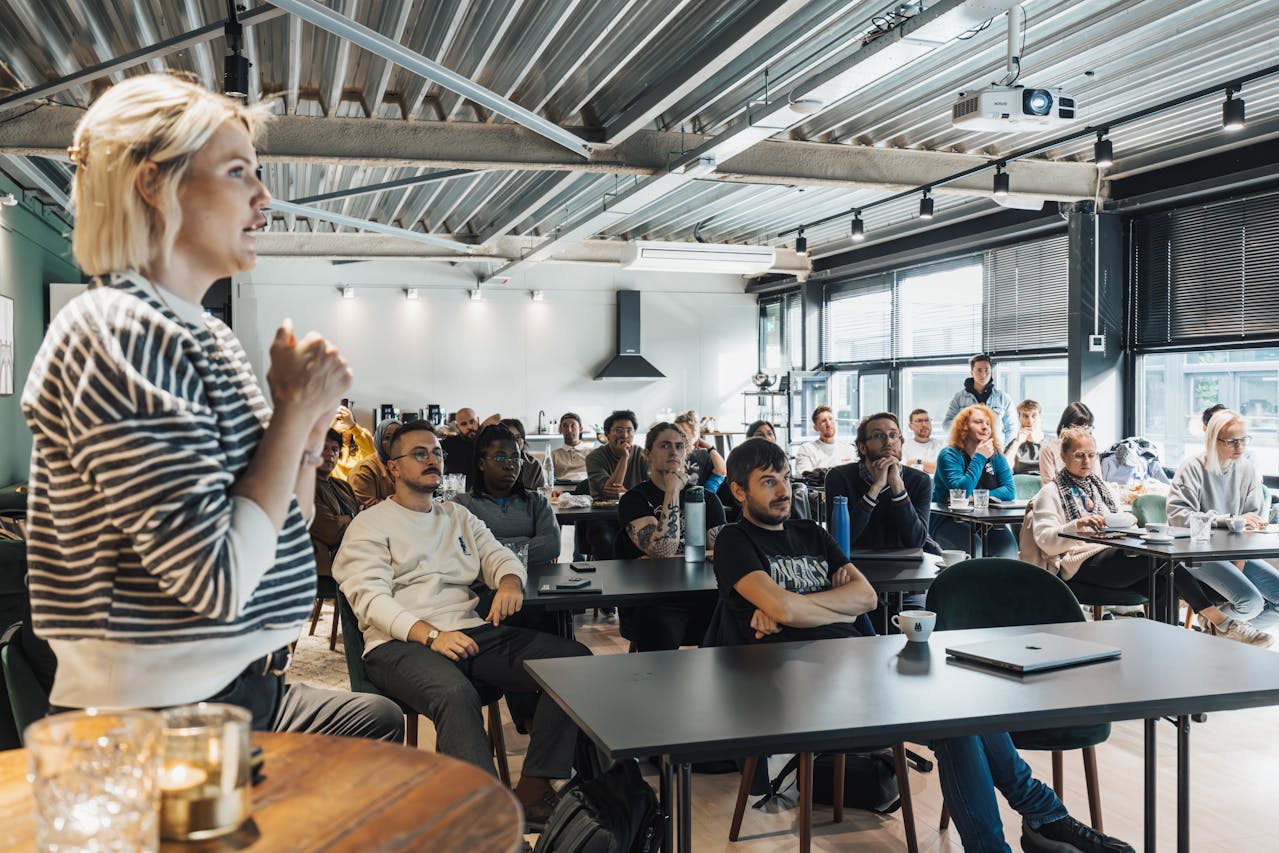Introduction
The Data Science Using Python, R, and NVivo course by Stepsure Training and Research Institute is an advanced training designed to equip professionals with cutting-edge skills in data analysis, visualization, and qualitative research. With the increasing importance of data-driven decision-making, this course empowers participants to effectively handle large datasets, conduct statistical analyses, and interpret qualitative insights using tools like Python, R, and NVivo.
This comprehensive course covers essential methodologies in data science, including data cleaning, exploration, and advanced analytics. Participants will gain proficiency in Python libraries such as Pandas, NumPy, and Matplotlib, as well as R tools like ggplot2 for statistical modeling and visualization. NVivo will enable qualitative data analysis, providing a unique edge in mixed-methods research.
The course includes practical case studies and hands-on exercises that ensure participants can apply their learning in real-world scenarios across various industries, including healthcare, finance, marketing, and academia.
Course Objectives
By the end of the training, participants will:
- Understand the principles of data science and its real-world applications.
- Master data manipulation and analysis using Python and R.
- Create impactful visualizations using Matplotlib (Python) and ggplot2 (R).
- Analyze qualitative data using NVivo.
- Implement machine learning algorithms for predictive analytics.
- Perform data cleaning and preparation for analysis.
- Explore advanced statistical modeling in R.
- Integrate qualitative and quantitative research methods.
- Develop dashboards for data-driven business intelligence.
- Communicate insights effectively through clear visualizations and reports.
Organizational Benefits
- Enhanced Decision-Making: Use data insights to make informed business strategies.
- Improved Efficiency: Learn tools that streamline data workflows.
- High-Quality Visualizations: Deliver insights with clarity and precision.
- Cost-Effectiveness: Build in-house data science capabilities.
- Robust Research Capabilities: Strengthen both qualitative and quantitative analysis.
- Competitive Edge: Make evidence-based decisions for market advantage.
- Higher Productivity: Automate repetitive tasks and reduce errors.
- Comprehensive Insights: Integrate diverse datasets for a holistic analysis.
Target Participants
This course is ideal for:
- Data analysts and scientists seeking advanced skills.
- Researchers combining quantitative and qualitative methods.
- Business professionals using data for strategic decisions.
- Academics conducting mixed-methods research.
- Professionals in healthcare, marketing, and social sciences.
- IT professionals interested in analytics tools.
- Policy makers needing actionable insights.
Course Outline
Module 1: Introduction to Data Science
- Overview of data science and its significance.
- Introduction to Python, R, and NVivo.
- Real-world applications of data science.
Module 2: Data Collection and Preparation
- Techniques for effective data collection.
- Data cleaning and handling missing data.
- Organizing qualitative data in NVivo.
Module 3: Data Manipulation
- Using Python (Pandas) and R (dplyr) for data wrangling.
- Aggregating and merging datasets.
Module 4: Statistical Analysis and Modeling
- Descriptive statistics, hypothesis testing, and regression analysis.
- Time-series analysis in Python.
Module 5: Qualitative Data Analysis (NVivo)
- Coding and analyzing qualitative data.
- Thematic analysis and visualizations.
Module 6: Data Visualization
- Creating visualizations with Matplotlib and ggplot2.
- Customizing graphs and dashboards.
Module 7: Machine Learning Basics
- Introduction to supervised and unsupervised learning.
- Building and evaluating predictive models in Python.
Module 8: Advanced Data Techniques
- Interactive visualizations with Plotly and R Shiny.
- Sentiment and text analysis using Python and NVivo.
Module 9: Big Data Analysis
- Handling large datasets with Python’s Dask and PySpark.
Module 10: Reporting and Insights Communication
- Automating reports and storytelling with data.
Module 11: Capstone Project
- A practical project to apply course knowledge.
General Information
- Tailored Training: Course content can be customized to meet participant or organizational needs.
- Certification: Participants receive a certificate upon successful completion.
- Training Locations: Sessions are available online, in-house, or at our centers.
- Post-Training Support: One year of free consultation and coaching.
- Flexible Payment Terms: Payment is required before the course starts or as agreed.
Contact Information
- Website: www.stepsureresearchinstitute.org
- Email: info@stepsureresearchinstitute.org
- Phone: +254 723 482 495








